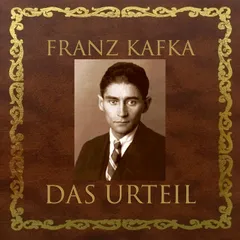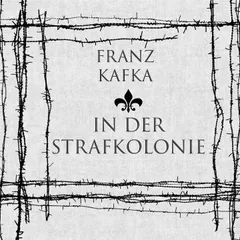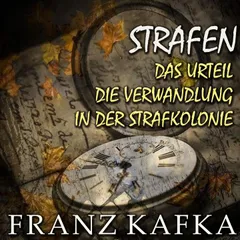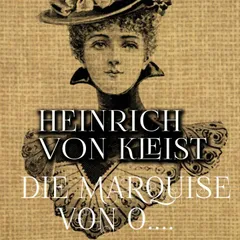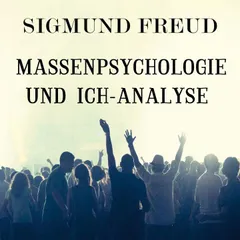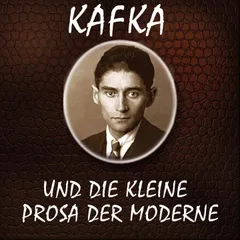- Audiolibro
- 2025
- 45 min
- Strelbytskyy Multimedia Publishing
Título
Lazarus
Descripción
What did Lazarus see beyond the veil of death?
In this haunting masterpiece of psychological and philosophical fiction, Leonid Andreyev conjures a vision of resurrection unlike any ever imagined. Lazarus is not a tale of triumph over death—but of what death leaves behind.
Strange, unsettling, and metaphysical, this is the story of a man raised from the grave only to cast a cold, unblinking gaze back upon the living. Wherever he walks, beauty withers, joy dissolves, and the veneer of meaning slips away. Those who look into his eyes do not die—they unravel.
Written in a feverish prose that borders on the ecstatic and apocalyptic, Lazarus is a hypnotic meditation on the abyss that separates existence from extinction—and the unspeakable truth that might wait on the other side.
Perfect for listeners drawn to existential horror, metaphysical fiction, or the eerie brilliance of Dostoevsky, Kafka, or Poe.
En listas públicas de estos usuarios
Este audiolibro no está ninguna lista
Detalles del producto
Editorial:
Autor:
Título:
Lazarus
narrado por:
Idioma:
EN
ISBN de audio:
4069828433564
Fecha de publicación:
14 de mayo de 2025
Palabras clave:
Leonid AndreyevLazarusRussian LiteraturePsychological fictionexistentialismdeath and resurrectionsymbolic storyShort Storyspiritual journeyClassic literaturereligious themes20th century Russian authorsGothic Fictionmoral decayphilosophical fictionhuman soulfear of deathdark fictionRussian symbolismmetaphysical storyAudiobookEnglishStrelbytskyy Multimedia Publishing
Duración
45 min
Tipo de producto
AUDIO
Explícito:
No
Audiodrama:
No
Unabridged:
Sí
Sobre el autor:
Leonid Andreyev (1871–1919) was one of the most striking voices in Russian literature at the turn of the 20th century. Trained as a lawyer, he became a journalist and then a writer, gaining early recognition for his intense short stories and plays. His work combined psychological realism with elements of horror, mysticism, and philosophical inquiry.
Andreyev was closely associated with Maxim Gorky and Anton Chekhov, though his voice was darker and more expressionistic. He explored the edges of human experience—madness, death, moral collapse—often pushing beyond the limits of realism into a realm of metaphysical dread.
He was married twice and had several children, including Daniil Andreyev, a poet and mystic who would later write from within Soviet prisons. After the 1917 Revolution, which he opposed, Andreyev left Russia and spent his final years in Finland, where he died in 1919.
His fiction remains unsettling and unforgettable—work that doesn't just portray fear, but penetrates it.
















